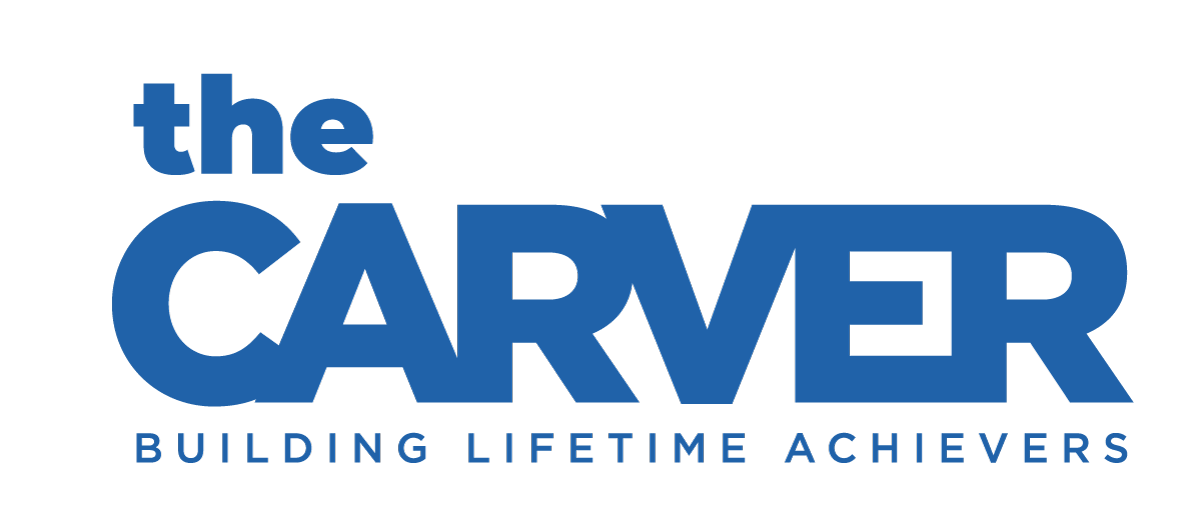In a videoconference address to the Peterson Institute for International Economics, Jerome Powell, chair of the Federal Reserve, explained the depths of the nation’s pandemic-induced economic shutdown and warned that any recovery would take time and much more stimulus spending.
“The burden has fallen most heavily on those least able to bear it.”—Jerome Powell
Of great concern to the Carver community is the fact that the downturn has disproportionately affected low-income Americans. As Powell remarked, “Among people who were working in February, almost 40 percent of those in households making less than $40,000 a year had lost a job in March.”
Long stretches of unemployment can damage or end workers’ careers as their skills lose value and professional networks dry up and leave families in greater debt. The loss of thousands of small- and medium-sized businesses across the country would destroy the life’s work and family legacy of many business and community leaders and limit the strength of the recovery when it comes. These businesses are a principal source of job creation—something we will sorely need as people seek to return to work.
The unemployment rate surged to nearly 14.7 percent in April, the highest level since the Great Depression and up from 3.5 percent in February. More than 2.98 million Americans filed initial unemployment claims in the week ending May 9, according to the U.S. Department of Labor. That brings the total unemployment claims over the past eight weeks to 36.5 million. A growing number of companies are going bankrupt or closing permanently, a trend that economists warn will only intensify as the slowdown drags on. The economy contracted by 4.8 percent in the first three months of this year, and the economy is expected to perform even worse in the three-month span between April and June.
We hope for the best, but we are preparing for a recovery that may come more slowly than we would like.
